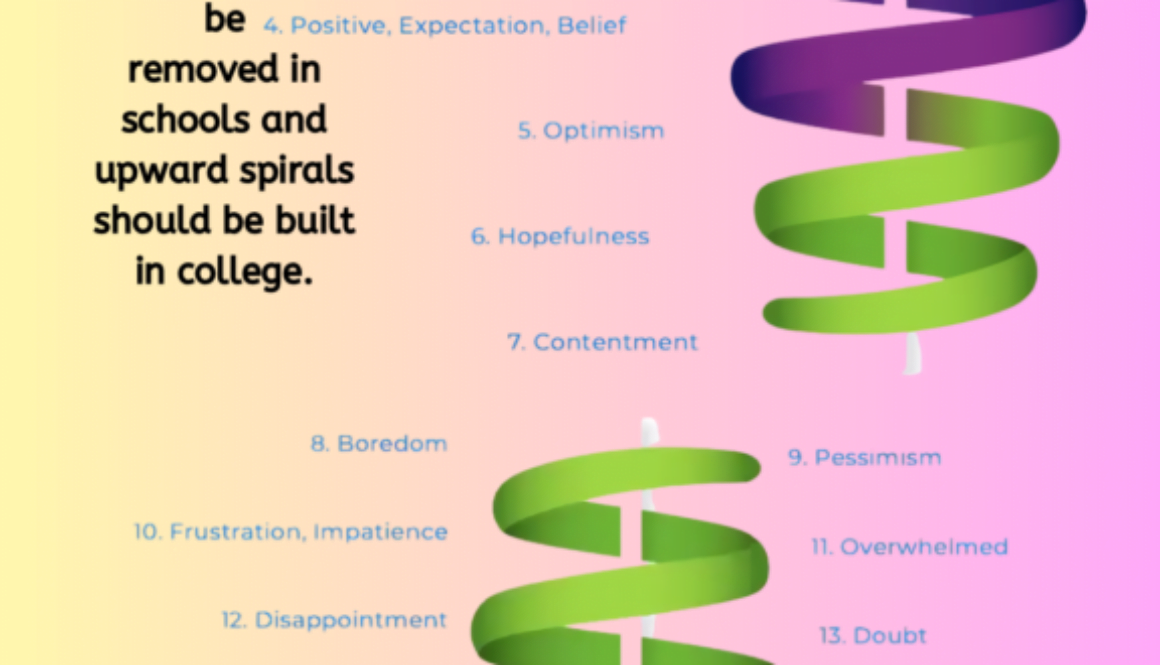The Other Side of Boarding School – The Parenting Moments Kids Might Miss
Sending a child to a boarding school is often viewed as a step towards fostering independence and academic excellence. However, the role of parents doesn’t diminish; rather, it transforms into one requiring a more proactive approach. Ensuring a child excels academically while also finding the right career fit demands thoughtful, engaged parenting. Here’s how you can provide the support your boarding school child needs to thrive.

Maintain Open and Regular Communication
What does this really mean? It means parents to get less stress and strain with regards to the healthy progress of the child, child on the other hand is improving on troubleshooting aspects and gets the right resources from the parents (Boarding school is a environmental resource), but adjusting there and carrying on with the cultural moral of the family is something that strengthens when clear communication is maintained.
One of the key challenges boarding school parents face is staying connected with their child. Communication plays a pivotal role in providing emotional stability and guidance. Regular video calls ensure that the child feels emotionally supported, but if the school is selected to set off parenting liability and not fulfil grooming aim then it tarnishes the child more deeply.
During these interactions, create a safe space for your child to share their academic experiences, struggles, and aspirations. Avoid judgment, and instead, provide encouragement and practical advice. Listening with empathy fosters trust and helps children discuss their challenges more openly, including career-related concerns. If a parents does not have EMPATHY then it becomes tough for the boarder to navigate the challenges of adjustment or social and academic issues in the school.
Be Actively Involved in Academic Progress
Despite being away, parents must stay updated about their child’s academic journey. Attend parent-teacher meetings (fathers are too busy and expect at times their wife to do the leg work and the mental work too) review report cards though fully, and communicate regularly with teachers to understand your child’s strengths and areas needing improvement. However DAD’s usually do not do this and the strategic part gets missed out.
If your child shows interest in specific subjects or extracurricular activities, encourage them by providing additional resources, such as books, online courses, or connecting them with mentors in those fields. This proactive involvement reassures your child that their academic success matters to you.
Career Exploration Early Means Keeping Them Occupied
Boarding schools often expose children to diverse career paths, but the sheer range of options can sometimes overwhelm them. Parents play a critical role in helping their child narrow down choices, but the technical terms are often not understood, such as aptitude is not the foremost priority to choose a career designation, rather its personality & if so then positive psychological aspects have to be understood.
Skills and academic strengths go hand in hand when aiming to develop a career. Encourage them to explore internships, projects, or clubs that align with their passions. Tools like career aptitude tests or EDUCATION COUNSELORS (not the admission counselor) provide immense clarity, but your involvement ensures these opportunities are tailored to your child’s unique needs which fits your family dynamics setup.
Support Life Skills and Emotional Resilience
While academics and career planning are important, success in life also depends on emotional resilience and essential life skills. Parents should actively work on teaching their boarding school child how to manage stress, prioritise tasks, and make informed decisions. This is the most challenging part, why? Simply because NO ONE keeps spot on tracking of hourly task of student (especially quality of independent study).
Boarding schools may provide structured environments, but parents need to step in to fill gaps in emotional guidance. Share your own experiences (this aspect never gets covered much if parents have communication gaps and conflicts on daily basis), teach problem-solving skills, and emphasize the importance of adaptability. These skills not only enhance academic performance but also prepare them for future career challenges.
Breaks have to be rejuvenating and not academically driven
School vacations are an excellent opportunity to engage your child in activities that align with their recreation activities, normally every child would go and engage in academic activities, but this is at times not correct. Arrange shadowing experiences, volunteer work, or online certifications in areas they’re interested in but not too deep and heavy as regular school.
These activities not only enhance their understanding of specific fields but also strengthen their college applications or resumes. Collaborate with your child to set meaningful goals for each break, ensuring a balance of relaxation and productive growth.
Parental Responsibility increases when child leaves home
Parental involvement in a boarding school child’s life is a balancing act of providing freedom while staying deeply engaged. Through open communication, academic oversight, and career guidance, parents can create a support system that empowers their child to excel both academically and personally.
By taking a proactive role, you help your child navigate their boarding school experience with confidence, enabling them to groom academically while discovering their right career fit. Remember, your guidance can be the anchor that keeps them grounded and motivated to achieve their dreams.
IEC


















